The Human City
Smartfox Books Code: PR2167
$47.10 NZD
Description:
We are building cities without thinking about the people who live in them, argues The Human City. It's time to change our approach to one that is centered on human values.
In The Human City, internationally recognized urbanist Joel Kotkin challenges the conventional urban-planning wisdom that favors high-density, "pack-and-stack" strategies. By exploring the economic, social, and environmental benefits of decentralized, family-friendly alternatives, Kotkin concludes that while the word "suburbs" may be outdated, the concept is certainly not dead.
Aside from those wealthy enough to own spacious urban homes, people forced into high-density development must accept crowded living conditions and limited privacy, thus degrading their quality of life. Dispersion, Kotkin argues, provides a chance to build a more sustainable, "human-scale" urban environment.
After pondering the purpose of a city—and the social, political, economic, and aesthetic characteristics that are associated with urban living—Kotkin explores the problematic realities of today's megacities and the importance of families, neighborhoods, and local communities, arguing that these considerations must guide the way we shape our urban landscapes. He then makes the case for dispersion and explores communities (dynamic small cities, redeveloped urban neighborhoods, and more) that are already providing viable, decentralized alternatives to ultra-dense urban cores.
The Human City lays out a vision of urbanism that is both family friendly and flexible. It describes a future where people, aided by technology, are freed fro
We are building cities without thinking about the people who live in them, argues The Human City. It's time to change our approach to one that is centered on human values.
In The Human City, internationally recognized urbanist Joel Kotkin challenges the conventional urban-planning wisdom that favors high-density, "pack-and-stack" strategies. By exploring the economic, social, and environmental benefits of decentralized, family-friendly alternatives, Kotkin concludes that while the word "suburbs" may be outdated, the concept is certainly not dead.
Aside from those wealthy enough to own spacious urban homes, people forced into high-density development must accept crowded living conditions and limited privacy, thus degrading their quality of life. Dispersion, Kotkin argues, provides a chance to build a more sustainable, "human-scale" urban environment.
After pondering the purpose of a city—and the social, political, economic, and aesthetic characteristics that are associated with urban living—Kotkin explores the problematic realities of today's megacities and the importance of families, neighborhoods, and local communities, arguing that these considerations must guide the way we shape our urban landscapes. He then makes the case for dispersion and explores communities (dynamic small cities, redeveloped urban neighborhoods, and more) that are already providing viable, decentralized alternatives to ultra-dense urban cores.
The Human City lays out a vision of urbanism that is both family friendly and flexible. It describes a future where people, aided by technology, are freed fro
The product may be provided by a different brand of comparable quality.
The actual product may vary slightly from the image shown.
Shop amazing plants at The Node – a top destination for plant lovers

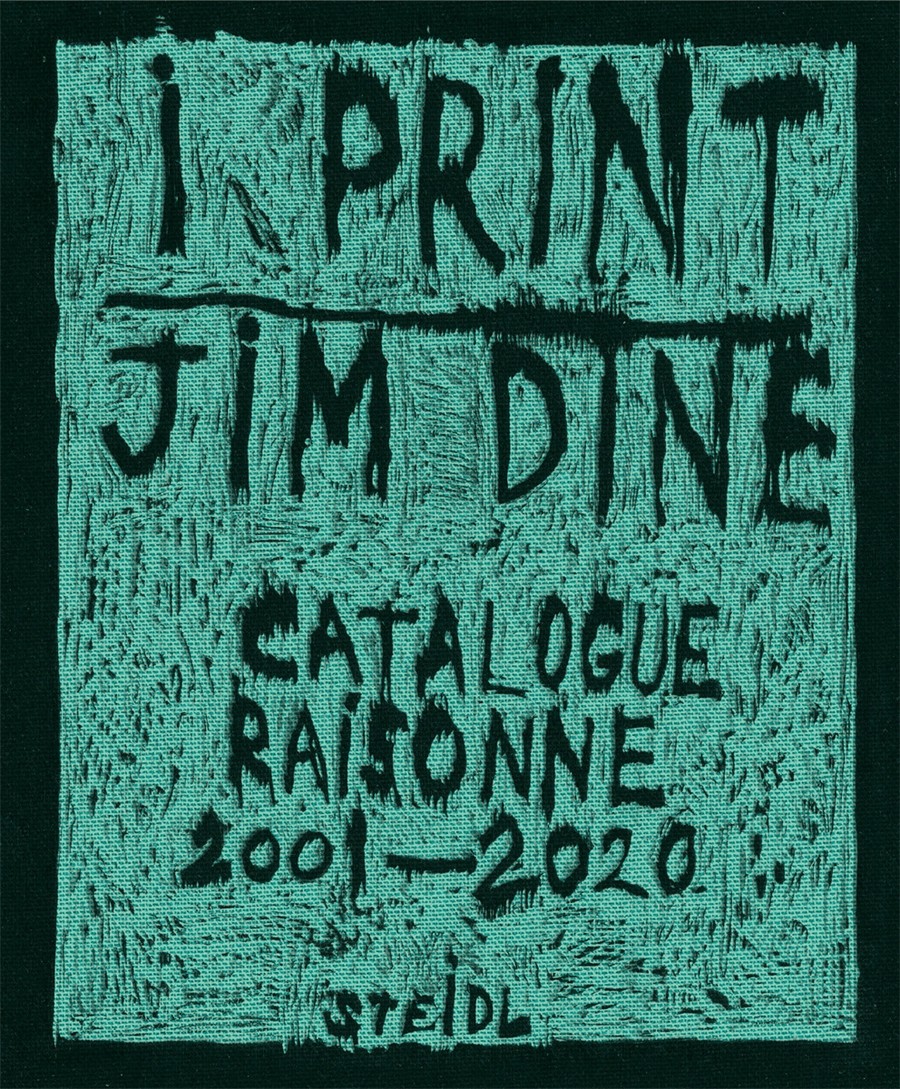

.jpg)
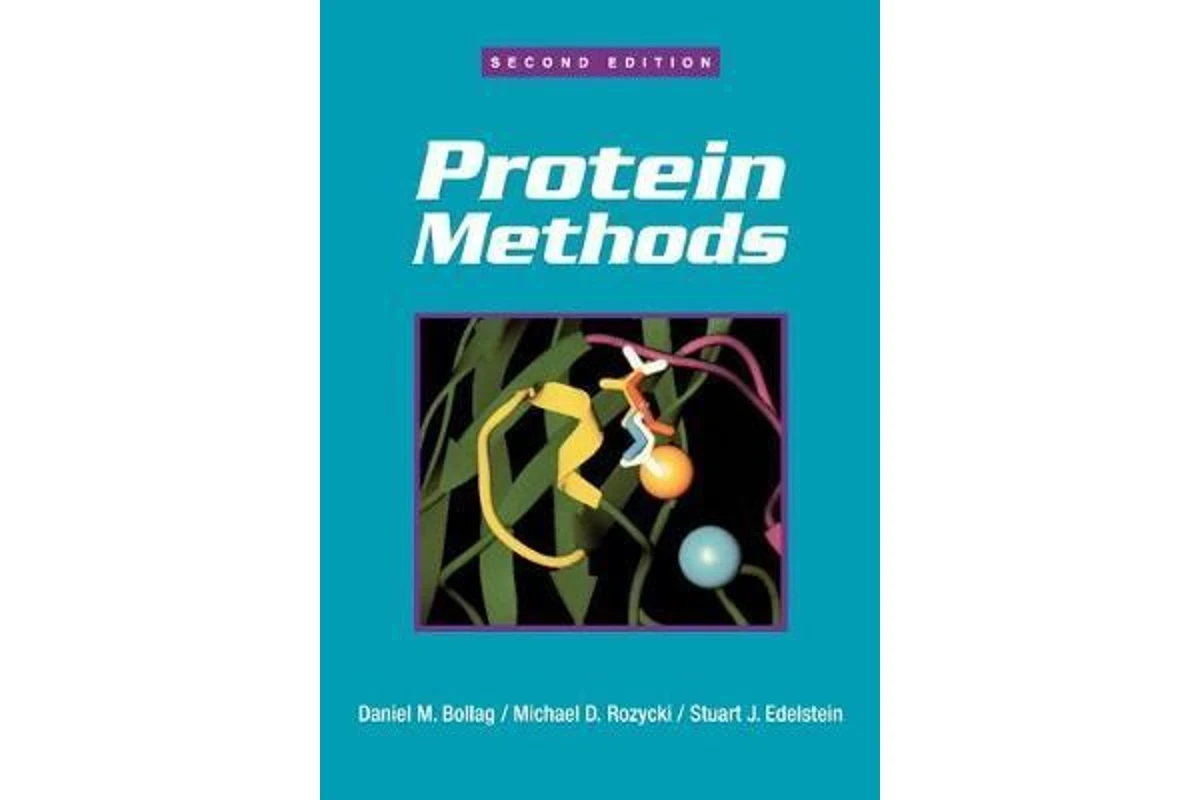


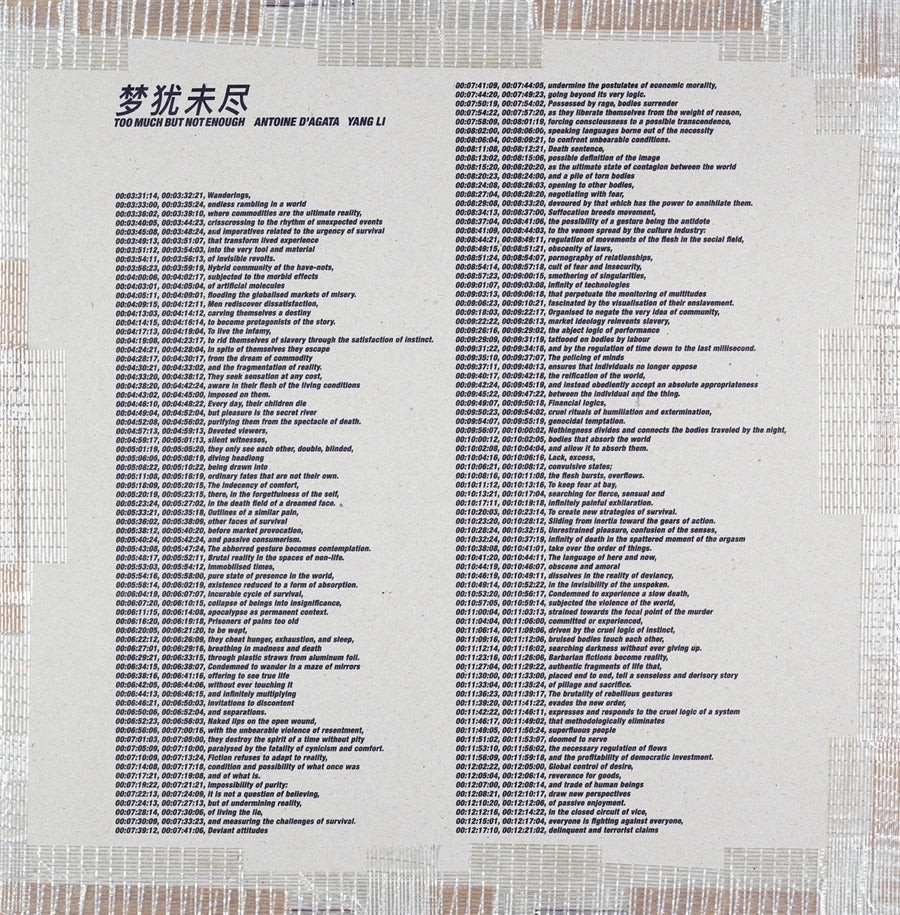
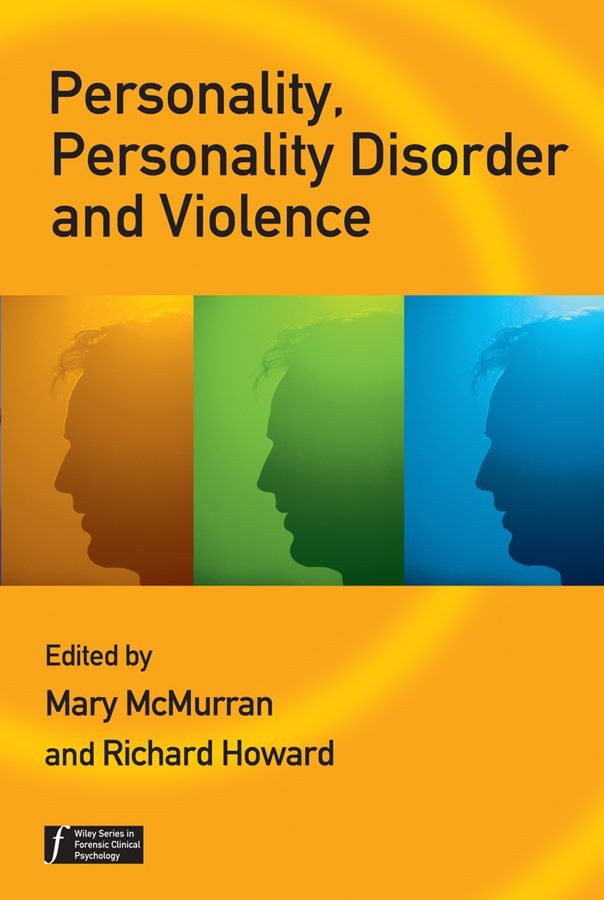
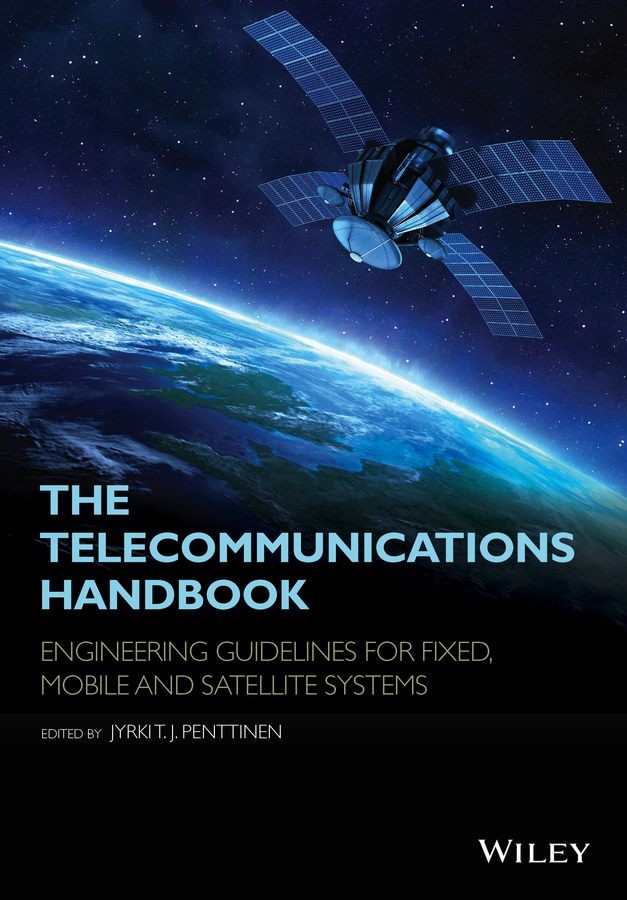


.jpg)









.jpg)





.jpeg)





.jpeg)



.jpeg)








.jpeg)



.jpeg)

.jpeg)

.jpeg)

.jpeg)




.jpeg)
.jpg)

.jpeg)






.jpeg)
.jpeg)




.jpeg)





.jpeg)


.jpeg)

.jpeg)

.jpeg)

.jpeg)







.jpeg)
.jpeg)
.jpeg)





.jpeg)



.jpeg)






.jpg)
.jpeg)









.jpg)


ulva-Logo.jpg)




.jpeg)



.png)















.png)
























